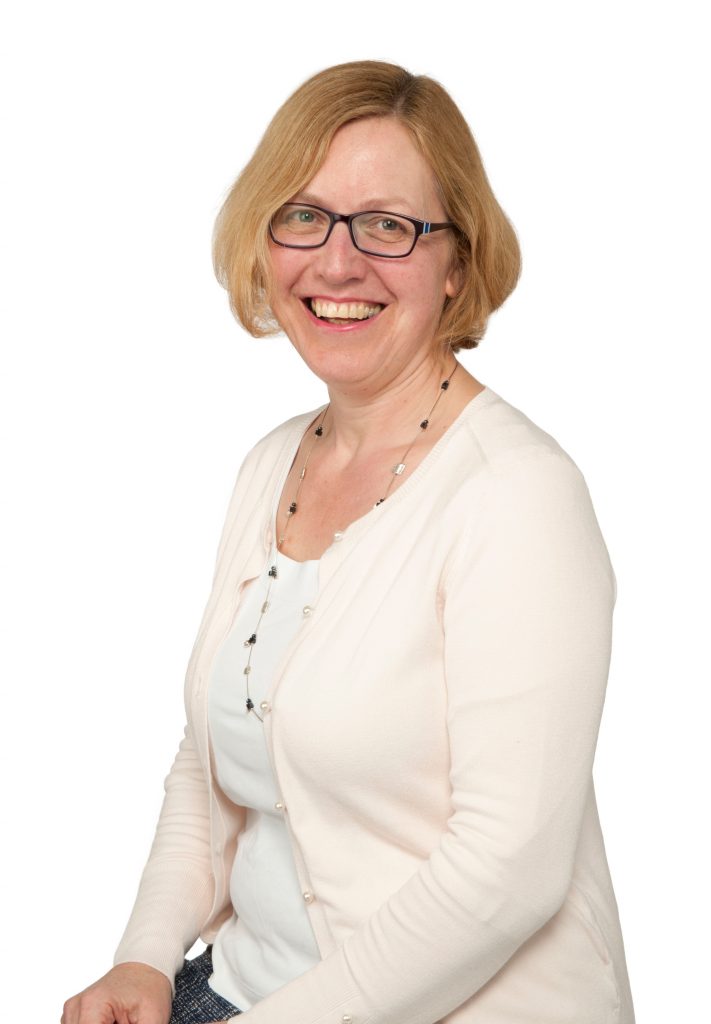January 29, 2021, by School of Medicine
30 at 30: Vicky Bailey
 This week, we hear from alumna, Vicky Bailey, who graduated from the University of Nottingham with an MSc in Health Care Policy and Organisation in 1994.
This week, we hear from alumna, Vicky Bailey, who graduated from the University of Nottingham with an MSc in Health Care Policy and Organisation in 1994.
Vicky is a non-executive director at University Hospitals of Leicester NHS Trust, with previous executive leadership roles in Nottingham, including Accountable Officer for both NHS Nottingham West and Rushcliffe Clinical Commissioning Groups. She has a clinical background as a nurse and midwife, has served on national bodies advising Ministers and is a fellow of the of the Queen’s Nursing Institute. Vicky also joined the University of Nottingham’s Council in January 2019 and is a member of Audit and Risk Committee, having been a co-opted member since October 2017.
In this blog, Vicky reflects on her time studying at the University, her subsequent career and the importance of lifelong learning.
As I write this I should have been attending my 40 year reunion of starting my nurse training in 1980. As with many things in 2020, it has been arranged and cancelled twice, but I do hope we will come together to celebrate when we can. Many of us are friends who still keep in touch regularly, but when we come together the years peel away as we catch up on all things family, friends, work, relationships, but most of all laughter and memories – particularly of the nurses who shaped our student nurse experience.
All those years ago I managed to get a place on my nurse training with just O levels as I chose to leave school at 16 and travel. This wasn’t a problem at all for my nursing nor my subsequent midwifery qualification and a clinical career in midwifery and women’s health. However, a move to Nottingham in 1990 and having to take a job in a public health department as there was a six month waiting list for jobs in midwifery (yes, that’s right no vacancies!) made me think about doing some more education at the ripe old age of 30.
I started my two year part-time taught Masters in health care policy in 1992 with a small group of clinicians, all of us working full-time as well as doing the Masters. We had residential sessions in Florence Boot hall and spent our day a week when we came together for our modules fretting over how on earth to write academic essays and complete a dissertation.
I loved the two years of my degree, despite feeling challenged, out of my depth and with what felt like no free time. Equally, I learnt so much and looked back on much of my previous clinical practice in a different way with a policy and research context – and just like with nursing and midwifery, made lifelong friendships.
I retired from full-time work three years ago with the last few years of my career being in managerial roles which I had never planned for nor imagined when I started nursing 40 years ago! The Masters degree gave me a confidence to apply for the managerial roles, not really because of the course content, but rather being in the academic environment where curiosity, questioning and debate was welcomed and encouraged.
My personal experience has led me to be a real advocate for lifelong learning and for this reason, as well as being a graduate of the University, led me to apply to be a member of Council where I use the skills and experience I gained in my career. Over time I realised that in many ways skills of listening, appreciation of other perspectives, use of evidence and behavioural science mattered as much as my clinical/managerial skills.
So why am I telling you all this in the celebrations for the University of 30 years of Nursing and 50 years of Medicine.
Firstly, nursing, along with the other clinical professions provide such fantastic varied careers in clinical practice, research, teaching, and management. I am often asked about my career plan and I can honestly say there wasn’t one, but I was lucky enough to have professional and academic qualifications that enabled me to branch into different roles with the support of colleagues.
Secondly, it is so important to recognise the importance of all members of the health and social care team. I am old enough to know leaders in the medical profession who had anything but straight A* A levels. What made them become good doctors was an appreciation of the importance of good teamwork and along with other colleagues to be focused on the patient and their families and carers whether in clinical practice or research and teaching and so it is so appropriate that we celebrate nursing and medicine together in their anniversary years at our University.
Finally, we have always been held in high public regard, more so now than ever in this pandemic where care for physical and importantly mental health has even higher profile.
So, for all the University of Nottingham’s nurses and doctors – past and present – please celebrate your part in our anniversary year as I am sure that like me your memories of your training and the friendships you made still shape the person you are today.” training and the friendships you made still shape the person you are today.
No comments yet, fill out a comment to be the first

Leave a Reply